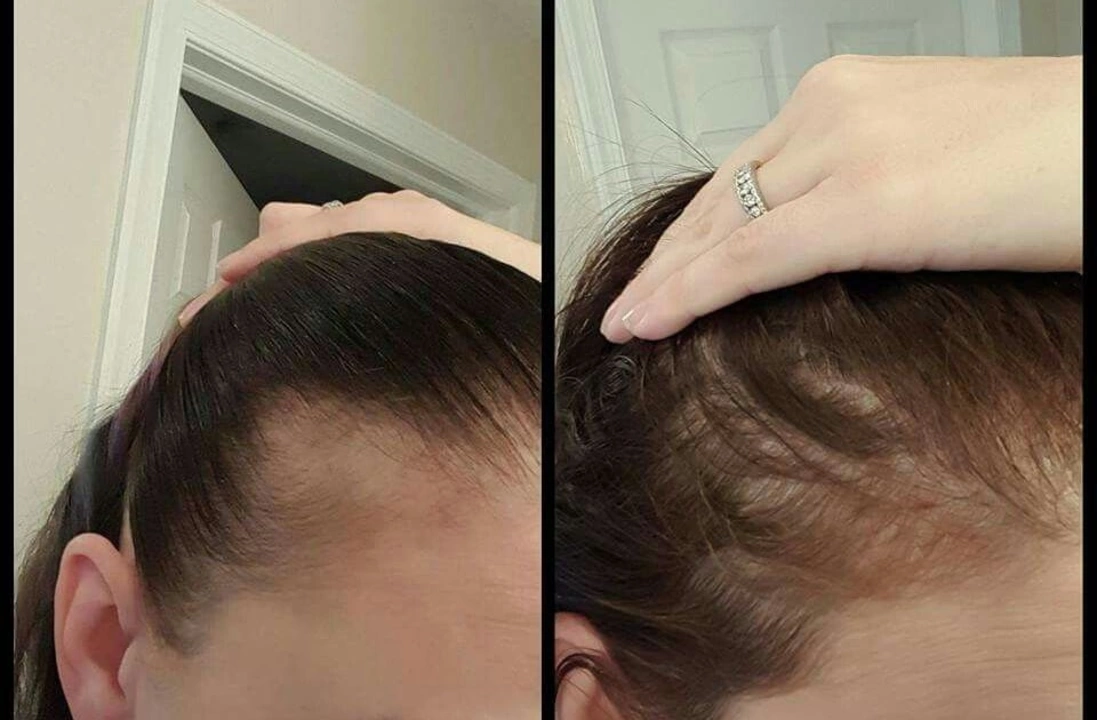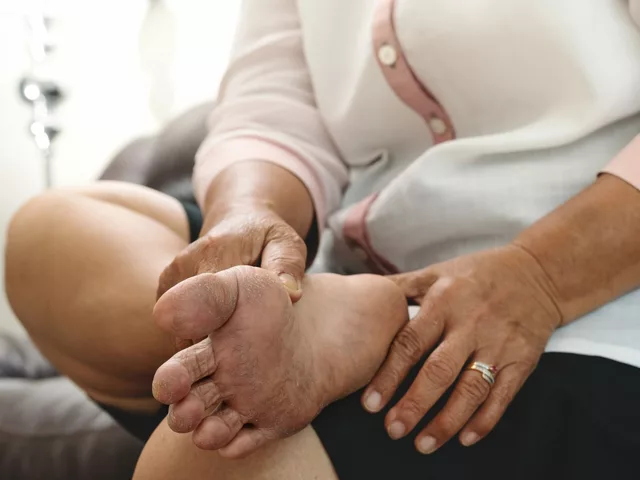Understanding Autoimmune Disorders and Alopecia
Before diving into the link between autoimmune disorders and alopecia, it is essential to understand what these conditions are. Autoimmune disorders occur when the body's immune system mistakenly attacks its healthy cells, tissues, and organs. This can lead to a wide range of symptoms and health issues, depending on the specific disorder.
Alopecia, on the other hand, is a medical condition that causes hair loss. This can affect any part of the body, including the scalp, eyebrows, eyelashes, and body hair. There are various types of alopecia, with the most common being androgenetic alopecia (male or female pattern baldness) and alopecia areata.
Autoimmune Disorders Associated with Alopecia
Several autoimmune disorders are linked to alopecia, either directly or indirectly. Some of these include:
1. Alopecia Areata
Alopecia areata is an autoimmune disorder that targets hair follicles, causing hair to fall out in small, round patches. The exact cause of this condition is unknown, but it appears to be related to the immune system attacking hair follicles. Although alopecia areata can affect anyone, it is more common in people with a family history of the disorder or other autoimmune diseases.
2. Lupus
Lupus is an autoimmune disease that can cause inflammation and damage to various parts of the body, including the skin, joints, and internal organs. One of the symptoms of lupus is hair loss, often occurring in patches or along the hairline. This is due to the immune system attacking and damaging hair follicles, resulting in hair falling out.
3. Hashimoto's Thyroiditis
Hashimoto's thyroiditis is an autoimmune disorder that causes the immune system to attack the thyroid gland, leading to hypothyroidism (low thyroid hormone levels). One of the symptoms of hypothyroidism is hair loss, which can be diffuse (spread out) or localized (in specific areas).
How Autoimmune Disorders Contribute to Hair Loss
Autoimmune disorders can contribute to hair loss in several ways. The immune system's attack on healthy cells can lead to inflammation and damage to hair follicles, resulting in hair falling out. Additionally, some autoimmune diseases can cause hormonal imbalances or nutritional deficiencies that can contribute to hair loss.
For example, hypothyroidism caused by Hashimoto's thyroiditis can lead to low levels of thyroid hormones, which are essential for hair growth. Similarly, lupus can cause inflammation and damage to the hair follicles, resulting in hair loss.
Diagnosing and Treating Alopecia Linked to Autoimmune Disorders
If you suspect that your hair loss may be linked to an autoimmune disorder, it is essential to consult with a healthcare professional. They will likely perform a physical examination, review your medical history, and order tests to determine the cause of your hair loss.
Treatment for alopecia linked to autoimmune disorders will depend on the specific condition and the severity of your symptoms. Some potential treatments include:
1. Medications
Various medications can help to reduce inflammation, suppress the immune system, and promote hair growth. These may include corticosteroids, immunosuppressants, or biologic agents, depending on the specific autoimmune disorder.
2. Topical Treatments
Topical treatments, such as minoxidil or corticosteroid creams, can be applied directly to the scalp to help stimulate hair growth and reduce inflammation.
3. Lifestyle Changes
Maintaining a healthy lifestyle, including a balanced diet, regular exercise, and stress management, can help to support overall health and may improve symptoms related to autoimmune disorders and hair loss.
Managing the Emotional Impact of Hair Loss
Experiencing hair loss due to an autoimmune disorder can be emotionally challenging. It is essential to acknowledge and address these feelings, as they can significantly impact your overall well-being. Some strategies for coping with the emotional impact of hair loss include:
1. Seeking Support
Connecting with others who are experiencing similar challenges, either in person or through online support groups, can provide a sense of understanding and encouragement.
2. Considering Hair Replacement Options
Wigs, hairpieces, or hair extensions can help to restore a sense of confidence and normalcy for those experiencing hair loss.
3. Counseling or Therapy
Working with a mental health professional can help to address feelings of depression, anxiety, or low self-esteem related to hair loss.
Conclusion
Understanding the link between autoimmune disorders and alopecia can help those affected by these conditions to better manage their symptoms and seek appropriate treatment. By working closely with healthcare professionals and implementing self-care strategies, individuals can minimize the impact of hair loss on their daily lives and overall well-being.



Raja M
9 May / 2023Autoimmune turmoil isn’t just a medical anomaly; it’s a battlefield where the body rebels against its own blueprint. When the immune system launches a siege on hair follicles, the loss feels like a personal affront. This aggression mirrors the philosophical clash between identity and decay. Remember, the struggle for hair is a microcosm of the larger fight for self‑recognition.